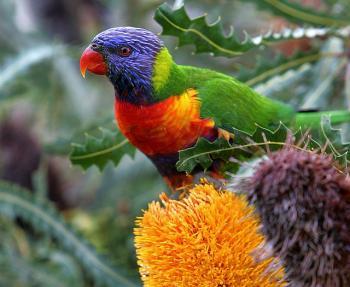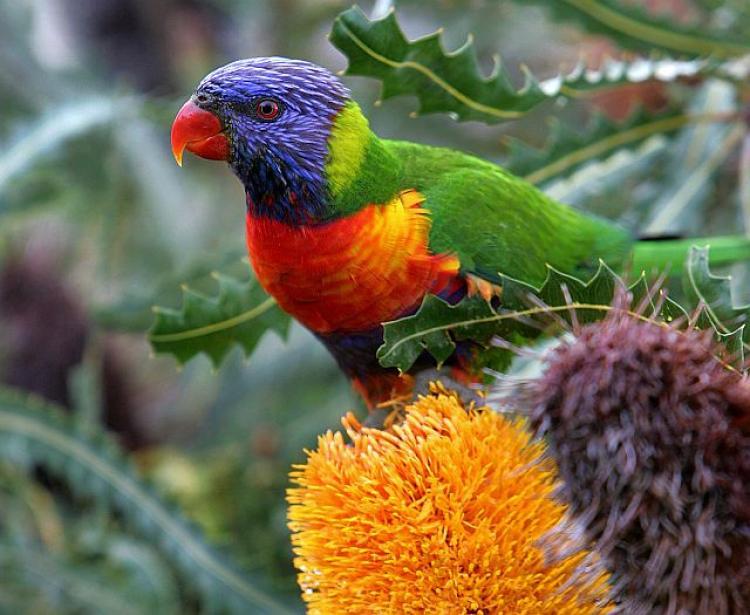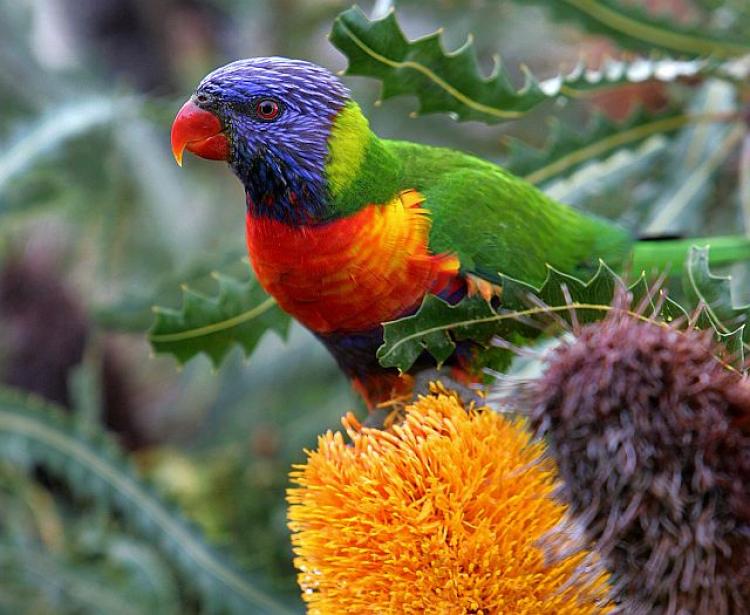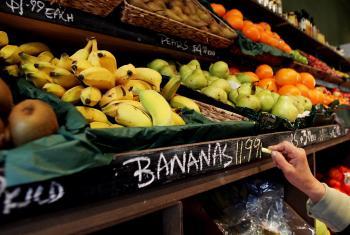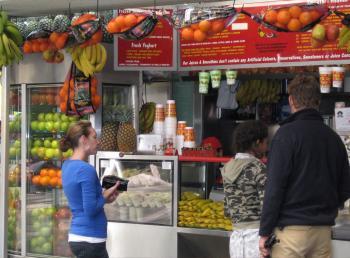A garden can be a place of sanctuary away from the hectic pace of life. Watching a garden as it grows or sitting surrounded by birds brings enjoyment and a sense of calm. And with spring finally here, it’s time to start thinking about planting again.
It is important to give your garden as much as it gives you. Choosing eco-friendly gardening methods will complement your backyard’s eco-system by saving water, reducing the use of chemicals and providing sustainable solutions like composting and companion planting.
It doesn’t matter whether your garden is a few pot plants, a metropolitan courtyard or a luscious lawn, you can still make a big difference by choosing environmentally friendly gardening methods.
Sustainable Gardening Australia (SGA) is an Australian not-for-profit organisation that helps home gardeners, garden centres, landscape professionals and horticulturists play their part in sustainable gardening.
Helen Tuton, SGA’s sustainable garden centre co-ordinator, is passionate about her role. “We are all becoming more aware of the environmental impact of our actions. The resources, materials and chemicals that we use throughout our daily lives affect both our health and the footprint that we leave on the world. Sustainable gardening is a top-notch way we can make a positive and lasting difference in our own backyards. Sustainable gardening improves our physical health, financial health and the health of this amazing planet.”
Implementing some easy options in your garden will make a world of difference.
The use of horticultural chemicals seems like a quick fix, but it can have negative outcomes on other areas of the garden. Pesticides and herbicides can be harmful to other living creatures like frogs, and bug sprays can end up killing harmless insects as well as pests. This can play havoc with the ecological balance in your backyard.
If you are growing fruit and vegetables, the fewer chemicals sprayed, the healthier the produce will be.
Instead of chemicals, try installing a bird-bath or some feed houses to encourage insect-eating birds into your garden, such as butcher birds and kookaburras. Hopefully, the birds will eat the insects before the insects eat your plants.
Another easy and effective way to control the insects feasting on your flowers and vegetables is to use herbs and marigolds. Most herbs with a strong scent will help deter garden-destroying bugs - basil is particularly good and easy to grow. If you have several flowers and vegetables that get attacked by insects, try to avoid planting them next to each other, as this just provides a feast for the bugs.
This will promote the natural ecology in your garden and encourage harmless wildlife visitors, such as frogs and worms.
Healthy soil is the foundation of all good gardens - worms and carnivorous insects will keep your soil rich and organic. Use homemade compost rather than chemical fertilisers to replenish your soil with organic nutrients and mulch around plants and gardens to retain moisture and nutrients.
Being water-wise is currently a big drive across Australia. Reducing the amount of lawn in your backyard can save thousands of litres of water, depending on the size of your lawn. Choose native, drought-tolerant plants to reduce the need to water your garden.
Re-using household grey water, such as filtered laundry or shower water, is an efficient eco-friendly way to give your plants a drink.
Helen Tuton has noticed a definite change in gardeners’ mentalities in the last five years. “Plant choices have changed dramatically, with consumers selecting productive food-type plants and Australian native and indigenous plants over traditional ‘cottage’ garden style plants.”
It seems all the awareness and hard work are paying off. Remember that every little effort can eventually have a big impact on the sustainability of our incredible world and it is never too late to go green.
Your local garden centre will be able to give you more tips and advice. Look for an SGA-certified garden centre near you. If SGA is not currently active in your area, visit their website www.sgaonline.org.au and subscribe to their free monthly newsletter Cuttings, written by Helen.
